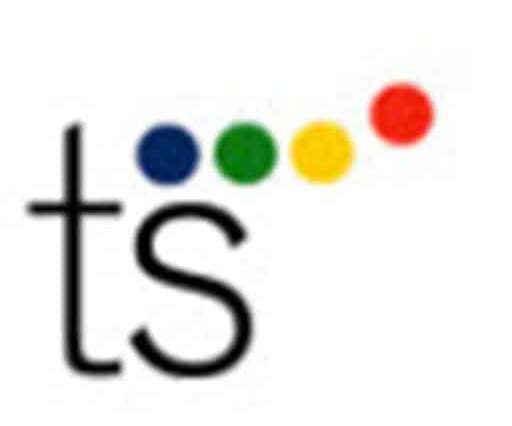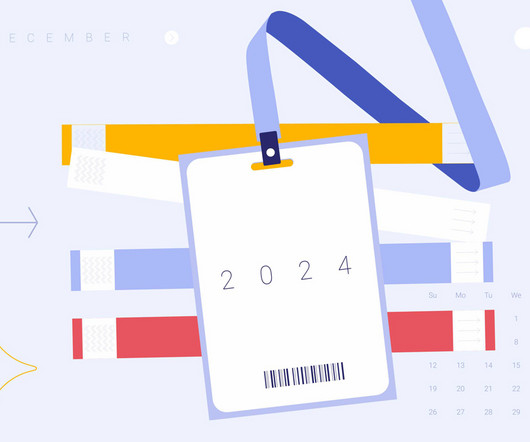Can Consulting Make a Positive Social Impact?
Tom Spencer
OCTOBER 29, 2021
Let us look at an example as a sort of case study. Each project lasts one semester, during which the students perform services for various community organizations, such as evaluating the impact of certain parameters on profit, implementing new tools and technologies, developing strategic financial plans, and more.

















Let's personalize your content